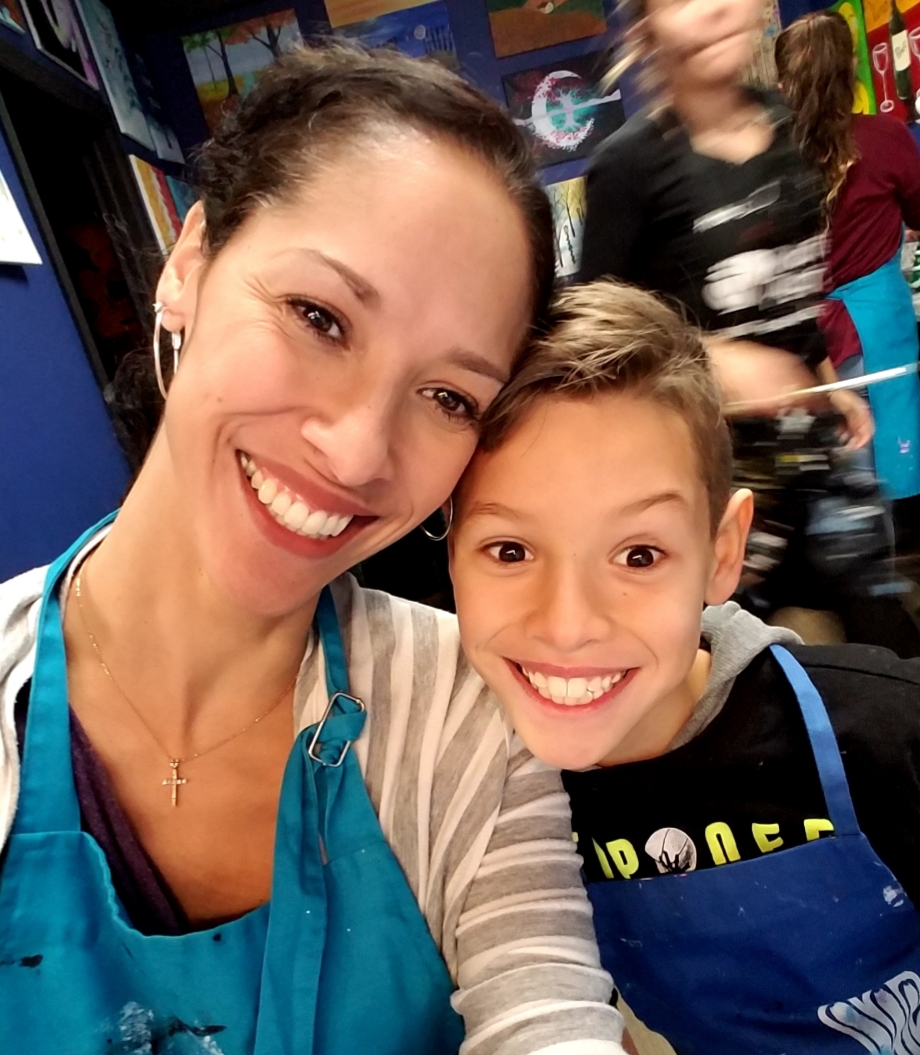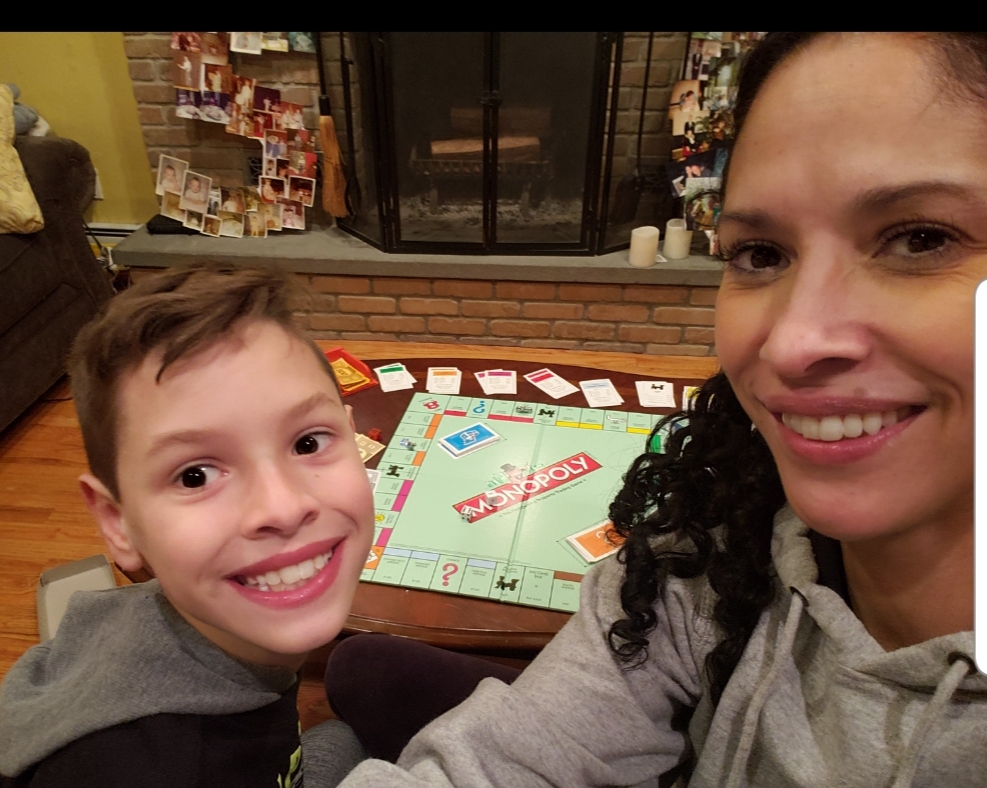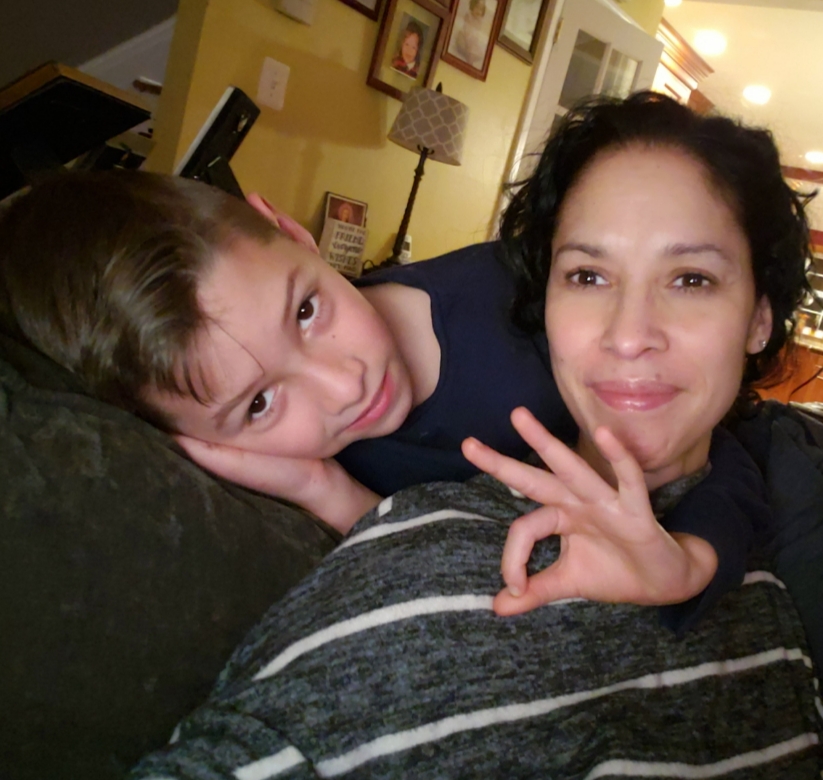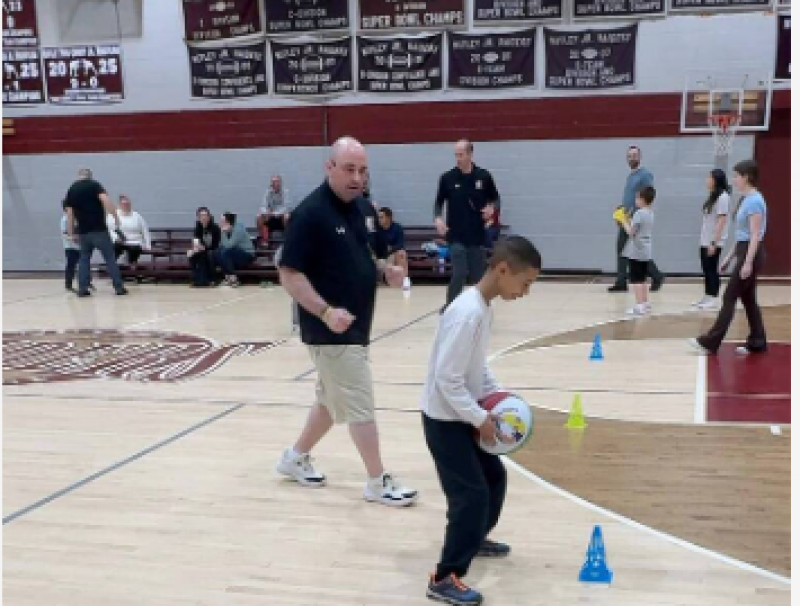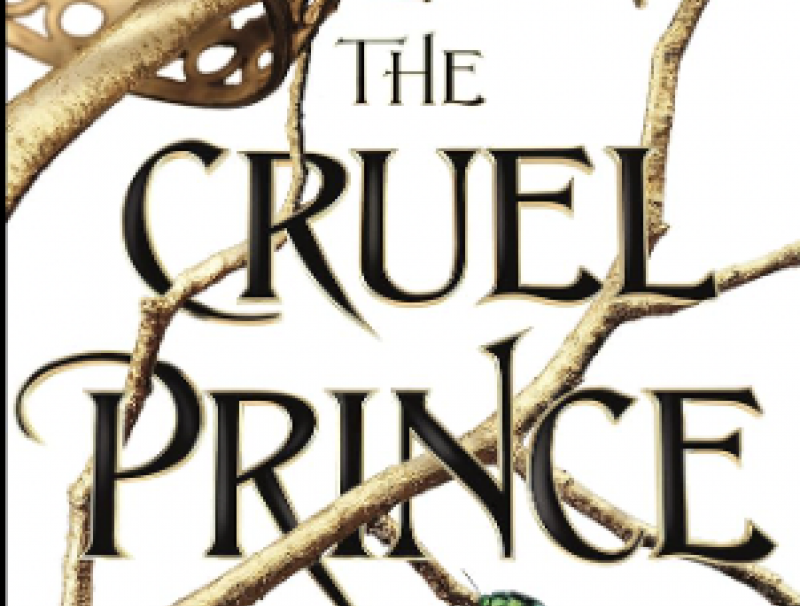Matthew’s Journey: A Story of Electronics Addiction and Recovery, A Parent's Personal Account
by Cynthia McNulty
My nine-year-old son, Matthew, is an addict. Matthew is addicted to video games and electronics. And although it might not sound like a big deal, it is.
On Super Bowl Sunday, I allowed my son to binge play on his iPad so I could watch the game without being disturbed. He was out of my hair, quiet and happy, so why not? What happened after that is why I will never allow that to happen again.
My son has ADHD, which is difficult to manage on a regular day. Throw in an overdose of electronics and it’s is a recipe for disaster. After the Super Bowl ended and his gaming session was over, he could not get himself to sleep. This is something that had never been an issue before. He was so overstimulated that he was unable to regulate his body, behavior and mood, which caused him to be nasty, irritable and downright miserable. The next two days were an absolute nightmare, not only because I did not allow him to play video games during this time, but really because he was coming down from the negative effects of binge playing. He was truly having symptoms of addiction withdrawal.
Rewind to the week prior. I took my son to see a presentation called Digitally Distracted by Thomas Kersting, about the negative effects that electronics have on the brain. During the presentation, Mr. Kersting listed warning signs of your child having an addiction: Loses track of time when on electronics; becomes agitated when interrupted; prefers to spend time using electronics rather than playing; does not follow time limits; loss of interest in other activities; seems restless when not using a device and preoccupied with getting back on; avoids homework and chores because of spending too much time with electronics; sneaks a device when no one is around and lies about it.
Throughout the entire presentation Matthew sat with his arms crossed while glaring at me. He did not want to be there. So I was surprised when, during the car ride home, he stated, “I am addicted to video games.” He was not angry nor argumentative. He did not yell or say it in a mean tone. As a matter of fact, he was very quiet as if reflecting on what the presenter had to say. I was completely taken aback that he recognized this within himself. Isn’t admitting you have an addiction the first step to healing? I knew then that I had to take action. I was relieved that he understood what was going on and acknowledged his feelings and told him that we would make a plan to help him.
I was like a lot of parents when it comes to video games. I didn’t believe I was permissive or overindulgent with electronics. I set boundaries. I was that mom that only allowed video games on the weekends, and maybe, if he earned it, an hour a day after school. But, when I looked at things honestly, it was much more.
He would bring a device to school which meant he was spending time on his electronics before school during morning care, at recess, and during school aftercare. When we were out to dinner, he was allowed to play on a device while we waited for the food. On the weekends, I would set a timer for an hour, but after him not abiding by it, and then negotiating, one hour would turn into two hours easily, twice a day. At times I would stand my ground and fight with him to turn it off, but other days I just did not have the energy. Especially if I was cooking, doing laundry or simply reading a book. Sometimes it was easier to just let it go because I had time to myself, and he was being quiet.
But, after sitting through that presentation, and then seeing the very real world consequences come to life with my son, I knew we had to make some serious changes.
Even with all this information staring me in the face, I still contemplated allowing him some gaming time on the weekends because I dreaded his reaction and I did not want to have to deal with it. Plus, I was a little lost as to even where or how to start this detox plan. And then I realized, like with any addiction, I needed to seek help from a professional. Luckily, because of Matthew’s ADHD, we already had a relationship with Dr. Lori, Matthew’s cognitive behavior therapist. After telling her about Matthew’s comment to me after the presentation, and then relaying the events of Super Bowl Sunday, she gave me very sound advice. “If he was addicted to drugs or alcohol, would you still let him have just a little bit?” she asked. At that moment, I truly understood that this was a real addiction, just like any other, and decided to completely cut Matthew off from all of his electronics cold turkey. No iPad, no DS, no Xbox, no computer, no Nintendo Switch, no access to my phone. Nothing.
The first week was absolute torture. Initially, he thought he was going to be able to handle it, probably thinking I would eventually give in. But after 24-hours of no electronics, withdrawal set in. And it was a true addict’s withdrawal. His morning and night routines were awful. He was so angry at me and so mean to me that I often cried on the way to work. He fought, cried, screamed, begged, and asked every 10 minutes. At one point he got so angry that he trashed his room, something that he had only done once before, which was also in reaction to the consequence of losing access to video games. I lost my cool and yelled at him. It would have been easy to give up here and I came close to my breaking point, but I thought back to the question that Dr. Lori asked me and found the strength to say, “No.”
After about five days of anger, his emotions transitioned from anger to sadness. For about four days, when he asked for his electronics and was told no, he no longer stomped off angry, but he cried instead. And as he went through his emotional process, so did I. I questioned myself constantly and wondered if I was doing the right thing day after day. Still, I kept thinking about Dr. Lori’s words, and how this would not only help him now, but also in the future.
In order to combat some of these emotions, we created a list of fun things to do instead. Slime, puzzles, board games, cards, coloring, mazes, word searches. You name it, we did it. I became his playmate. We played a new board game daily and became experts at playing cards. My involvement was completely hands on. When it was time to cook, he helped peel potatoes. When I had to do laundry, he poured the detergent. He was kept busy all day. Every time he was “bored,” I referred him to the list. Sometimes he entertained himself, but many times he searched for a social interaction with me, his father, or sisters. This was probably more exhausting than listening to him cry and complain because I needed to keep him occupied. These were the moments that I wanted to bend the rules and allow him to play for a little while because I just wanted some time to myself. Thankfully I held strong and did not give in. Because, despite the anger and sadness that he experienced, and the frustration that I experienced, as we started to spend more one on one time together without the distraction of electronics, we began to also experience moments of joy. Laughter while playing a game. Or a sense of connection while he helped me with chores. And, just the genuine closeness that you can’t have unless you are fully present with the other person.
Around the third week in, acceptance began to set in. He began to admit to people that he was in a video game detox. Family members started taking notice that he was more present and conversational. He was and is a happier, friendlier, funnier more pleasant Matthew. He feels better about himself and admits he doesn't miss it. Occasionally he will ask to have access to his electronics, and when he is told no, he still sometimes gets angry, but when I remind him of how great he feels and that I am proud of him, he lets it go.
Matthew has not had access to video games or electronics for over four weeks now. Not that we haven’t had missteps. He played on an iPad for about 30-45 minutes on day 24 of his detox at a friend’s house, but that did not seem to set him back at the time. However, two days later he asked again and we got into an argument over the reason why he could not have access. More tears, more frustration. He was very persistent and only wanted to play for 15 minutes. I was on the verge of saying yes, because this entire experience has been hard, for both of us, and I was tired, but I knew if I gave in 15 minutes would turn into more. So I tried to keep my focus on the end goal, knowing that if I could stay strong, this would pass. I pulled out a deck of cards and started paying by myself and soon enough, he was right next to me having a good time.
Because of his addiction, electronics limitations have been placed on our entire family (my husband and myself, and Matthew’s two older sisters). But rather than being resentful, the bond that this has created for us has enriched all our lives. When we go out for dinner, instead of looking at our phones we talk to each other and find things to laugh about. If there is a lull in the conversation, we play cards or Spot It while we wait for our food. Board games are an everyday occurrence in our house now. We are happier and more socially connected to each other, and we enjoy each other's company so much more. And we are are all so proud of him.
As necessary as this journey has been, by no means has it been easy, and I’m not sure that it ever will be. There were moments that I wanted to give up and give in, and I continue to fight that battle, particularly when I’m tired and frustrated and just want some time to myself. I was angry with myself and my child for allowing this to happen. I was resentful of other parents who didn't have to go through this and of their kids who seemingly dangled electronics in my son’s face. I was frustrated at the school for allowing students to bring in their handheld video games. I hated that I cared so much. And I still fear that my son may have an addictive personality and worry what the future challenges may be.
Will I be able to keep electronics away from him forever? I realistically know that I cannot. What I hope Matthew does learn from this though is that he can live a fun, happy life without electronics being a priority or a crutch. Like any addiction, recurrence is very real when surrounded by your vice. I hope that eventually, Matthew can develop a healthy relationship with his electronics without addiction setting back in. And while I’m realistic that this will be a process full of pitfalls, knowing how far we’ve come, I’m hopeful that we can figure out a way forward.
Electronics addiction is very real, particularly for children and their developing brain. And, it can have lifelong repercussions if is not addressed. I hope I wasn't too late helping my son. I hope that we both have the strength to continue to fight this battle. And I’m sharing our story in hopes that it helps someone else not be too late in helping their child.

